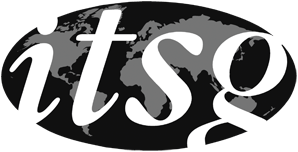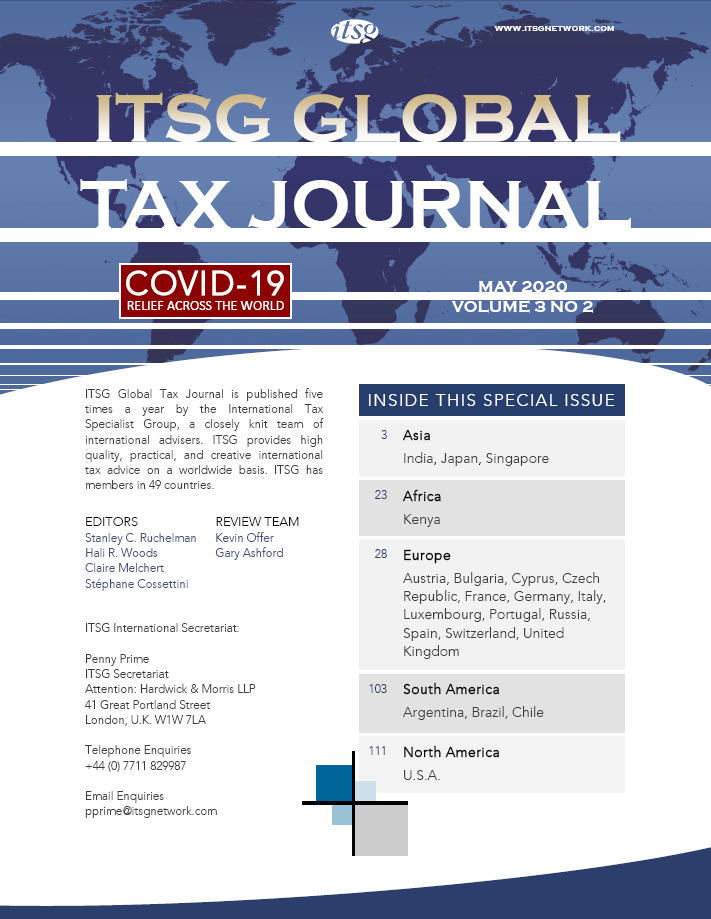The Argentine Republic does not have a revenue code. The different categories of taxes are regulated by separate laws. The Argentine Tax Authorities (“A.F.I.P.”) are responsible for the collection and administration of national taxes and depend directly from the Ministry of Economy. Taxes in Argentina are levied at federal, provincial and municipal level. According to the World Bank, Argentina has the second highest tax burden in the world, up to 106% of the commercial profits1.
At the federal level, the most relevant taxes are income tax, V.A.T., and tax on dividends.
At the provincial level, the most important taxes are the gross income tax, which is a direct percentage of companies’ turnover (with rates that vary by industry and area), stamp taxes, property tax and, in some cases, inheritance tax2.
Finally, municipalities charge fees for various services related to industrial safety, public hygiene, and public lighting.
The majority of taxes are self-assessed. This means that a taxpayer must submit affidavits to A.F.I.P. that include income and tax payable according to the rates set by law. The philosophy behind this process is that Argentine taxpayers have all the information required to prepare the declaration and calculation of tax. In current practice, the affidavits are prepared online on the A.F.I.P. website. A.F.I.P. reserves the right to review the affidavits and the amounts paid. If there are no affidavits submitted or these are not accurate, A.F.I.P. will determine the tax payable.
Under the COVID-19 health emergency, A.F.I.P. extended the tax holiday on these payments until 10 May 2020, coinciding with the conclusion of preventive and compulsory social isolation provided by the national government. During this period, all taxes overseen by A.F.I.P. will not be computed.
A.F.I.P. issued several resolutions and measures related to the COVID-19 emergency, among the most important are:
General Resolution (“G.R.”) A.F.I.P. 4686/2020 SIRADIG
Under local law, employees must file a form (Form 572 Web) in order to determine income tax payable by the employees in regard to salaries. This resolution deferred the filing of Form 572 Web for the purpose of workers reporting the amounts to be deducted from income tax for the period 2019 until 30 April 2020. Prior to the resolution, the final due date for filing was 31 March 2020).
General Resolution A.F.I.P. 4685/2020
In the Argentine tax system, most of the proceedings with tax authorities are submitted online. However, some may be performed in person at A.F.I.P.’s offices. The resolution makes use of the digital presentations compulsory for all proceedings carried out with A.F.I.P. from 20 March 2020, to 30 June 2020.
General Resolution A.F.I.P. 4684/2020
A.F.I.P. is entitled to apply interim measures for breaches of applicable rules. This resolution suspended the application of the interim measures in connection with corporations that qualify as micro, small and medium companies until 30 April 2020.
General Resolution A.F.I.P. 4683/2020
Prior to the COVID-19 outbreak, A.F.I.P. issued regulations providing for a special transitory regime applicable to payment of tax debts, including instalments, interest rates, and payment plans. These were available for taxpayers until 31 March 2020. The resolution extends the availability of such special regime for taxpayers until 30 June 2020.
Decree 300/2020
This decree provides for a 95% reduction in employer contributions in relation to employers belonging to health-related services, establish ments and institutions for a period of 90 days as from 20 March 2020. Rate of 2.50/1000 for credits and debits in current account in the case of employers corresponding to establishments and institutions related to health for a period of 90 days from 20 March 2020.
Decree 332/2020
This decree establishes various measures designed to assist businesses. Included are:
- The postponement or reduction of up to 95% of the of employer contributions to the Argentine Integrated Social Security System.
- The adoption of a salary-continuation compensation arrangement calling for payments to companies employing up to 100 workers in the private sector.
- The adoption of REPRO Assistance for the Health Emergency. This is a non-contributory sum paid by the State to assist workers in the private sector. It applies to companies with up to 100 workers
Decree 333/2020
This decree sets a 0% export duty rate in order to secure the access to certain essential products. Some products included in the list are certain varieties of ethyl alcohol, antiseptics, lab or pharmacy articles, surgical gloves, face masks, thermometers etc. At the same time, the Tax Authorities exempted these articles from the imports value added tax regime.
General Resolution 4689/2020
This resolution defers the submission of annual affidavits of compliance with transfer prices rules for international operations carried on in fiscal years ended between 31 December 2018 and 30 September 2019. Affidavits may be submitted between 18 and 22 May 2020.
1 https://data.worldbank.org/indicator/IC.TAX.TOTL.CP.ZS?view=chart
2 Only the Province of Buenos Aires and the Province of Entre Ríos impose inheritance taxes.
Original document can be found at: canosa.com/app/uploads/2020/03/State-of-Emergency-Measures-COVID-19-Canosa-Abogados.pdf

 Login
Login




















































